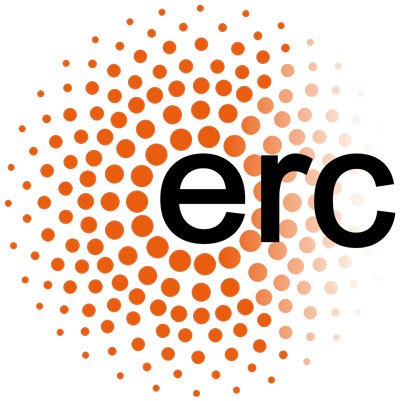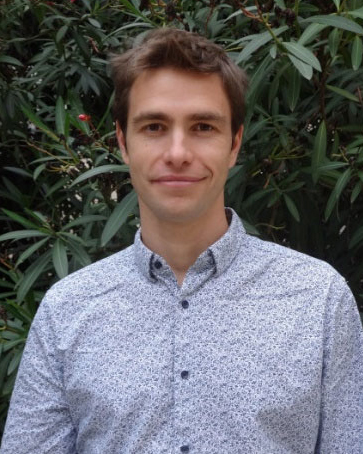
ERC Starting Grant 2023
Principal Investigator: Louis Alexandre Couston, Associate Professor of Lyon 1 University at Physics Laboratory
Project hosted by ENS de Lyon - coordinated by Claude Bernard Lyon 1 University
Research: Novel subglacial ocean models to accurately predict Ice-shelf Ablation rates at high resolution and low computational cost
Field: Physics
Project
IceAblation - Novel subglacial ocean models to accurately predict Ice-shelf Ablation rates at high resolution and low computational cost
Ice shelves fringing the Antarctic coastline limit sea-level rise by slowing down the flow of grounded ice into the sea. They are thinning because of warming and intensifying ocean currents. Building upon my expertise in multi-scale flow dynamics and subglacial oceanography, I will resolve the two main bottlenecks that impair our ability to assess and project the state of Antarctic ice shelves. These are: (i) a poor understanding of the relationship between ice-shelf ablation rates and ocean properties & (ii) the high computational cost of ocean simulations.
I will first build new models of the metre-thick ice-shelf—ocean boundary layer (ISOBL), using innovative laboratory experiments and simulations that will unravel its dynamics. The lack of accurate ISOBL models is responsible for leading-order errors in predicting ice loss rates and freshwater production. The new models will capture how turbulence controls heat fluxes over an unprecedented range of sub ice-shelf conditions, accurately predicting ice ablation rates from the grounding line to the shelf front.
I will then promote a paradigm shift in the modelling of oceans beneath ice shelves, which are hundreds of kilometres wide. At present, ensemble simulations of ice-shelf ocean cavities on 100-year time scales are about 1000 times computationally too costly to resolve mesoscales, which influence the mean circulation and ice ablation. To circumvent this issue, I will train novel data-driven reduced-order models (ROMs), which will emulate the ocean dynamics at high resolution and unprecedently low computational cost. The ROMs will learn the key fingerprints of ocean cavities and their time evolution from short-term high-resolution simulations. They will then be extended to longer times and different forcing conditions, enabling eddy-resolving IPCC-level large ensemble simulations of subglacial oceans, which will help reduce uncertainty related to the timing of abrupt regime changes of the Antarctic ice sheet.
Duration: 5 years
ERC Starting Grants
ERC Starting Grants are designed to support excellent Principal Investigators at the career stage at which they are starting their own independent research team or programme. Principal Investigators must demonstrate the ground-breaking nature, ambition, and feasibility of their research proposal.
Starting Grants enable scientists at the start of their careers to build up their research teams around projects on ambitious, high-risk subjects, responding to innovative scientific challenges or challenges not yet addressed. These grants are aimed at young researchers who have completed their doctoral thesis between 2 and 7 years ago.
Researcher

Louis-Alexandre Couston
Associate Professor of Claude Bernard Lyon 1 University
Physics Laboratory (LPENSL, CNRS/ENS de Lyon) - Waves, Flows and Fluctuations team
Louis-Alexandre Couston webpage






